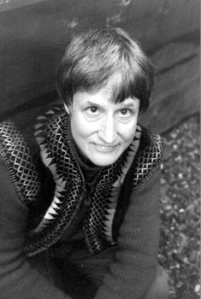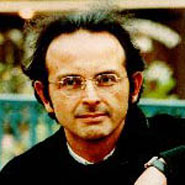
Maurice Merleau-Ponty (1908-1961) was a French philosopher and phenomenologist. He continues to be credited as the most influential figure in the development of a philosophical understanding of the importance of the body and corporeality.
His most central work in this regard is The Phenomenology of Perception. Through a phenomenological examination of perception, Merleau-Ponty argued for the significance of the body in perception and conception, which was in opposition to Cartesian dualism– the view that there is a fundamental schism between the mind and body.
Merleau-Ponty instead posited that the body is entailed by perception rather than an object of it. Through this discovery, he breaks down the subject/object dichotomy and concludes that the traditional notion of the Cartesian “cogito” must be replaced by what he refers to as the “body-subject”.
His particular brand of phenomenology was influenced by the desire to refute what he viewed to be the two most misguided tendencies within Western philosophy: empiricism, the view that knowledge comes entirely from sense impressions, and idealism, the metaphysical view that the world is constructed from the mind alone. Thus, his work is fundamental in rearticulating the relationship of the mind– or subject, to the world– or to objects. Ultimately, he argued that knowledge must be constituted of practical, lived and active exposure to the world.
Merleau-Ponty was also a trained psychologist, having lectured extensively on child psychology, development and education. Unfortunately, his life was cut short by a sudden stroke at the early age of 53.



